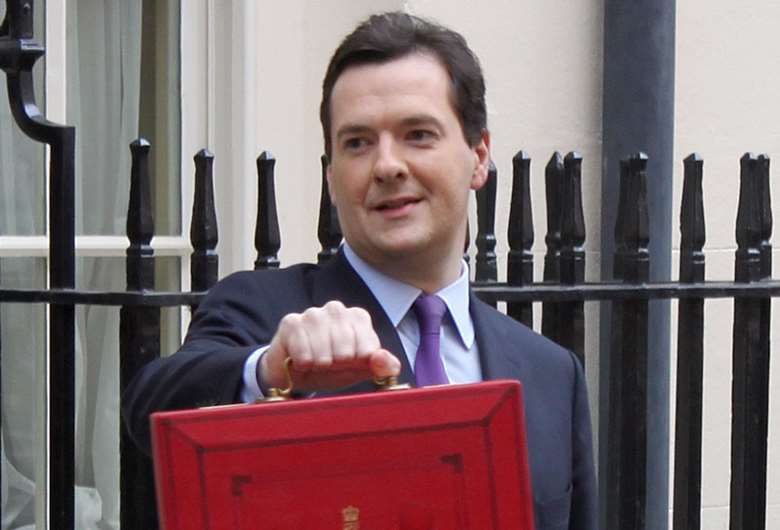Osborne protects schools from cuts but leaves other services exposed
Gabriella Jozwiak, Tristan Donovan
Wednesday, March 20, 2013
Budget protects schools and health from departmental spending cuts but youth work, social care and early years could be hit.

Chancellor George Osborne used today's Budget statement to announce that while most government departments will have their spending cut by around one per cent during 2013/14 and 2014/15, "the schools and health budgets will remain protected".
But a Treasury spokesman has confirmed that this only protected spending on schools and could put other services under the Department for Education's remit at risk.
This means that early years, social care, youth work and play services could face further cuts.
The Treasury spokesman said each government department had the flexibility to decide how to make the savings and that these savings could be delivered without harming frontline services.
Susanne Rauprich, chief executive of the National Council for Voluntary Youth Services, said: "We are deeply concerned at the news of further departmental cuts in today's announcement.
"While we are glad that the schools budget is protected, we would urge the government to ensure that non-formal education is given the respect and financial backing that it warrants."
"We already know that the previous financial year saw £300m less being spent on youth services locally and that it is young people who are bearing the brunt of the recession.
"Our members continue to tell us that demand for their services continues to grow, yet the pot to fund their vital work continues to shrink."
Enver Solomon, director of evidence and impact at the National Children's Bureau, also said the reduction in the Department for Education (DfE) budget was a concern.
"Further cuts to the Department for Education budget will inevitably impact on other services that children rely on, such as children's centres and youth services, which are essential to improving the wellbeing of children and young people from poorer families," he said.
"What is needed now is a thorough assessment of how spending cuts across DfE and other government departments are impacting on the lives of vulnerable children, so we can be truly aspirational for our nation's children."
A DfE spokesman said the department had not yet decided where it would make the savings.
"Schools funding continues to be protected," he said. "No decision has been taken yet about how the one per cent cuts in 2013/14 and 2014/15 will be made."
Osborne also used his Budget speech to confirm the government’s Tax-Free Childcare Scheme, which was announced yesterday.
The scheme will cover 20 per cent of childcare bills for parents on annual salaries of £150,000 or less, up to a maximum of £1,200 a year for each child aged 12 or younger.
He also reiterated that the government is to spend an extra £200m through the Universal Credit to help unemployed families pay for childcare.
The Chancellor also revealed that the government would consult on ways to transfer the money in child trust funds into junior ISAs and that the Department for Education will review the level of efficiency in the school system as part of the 2015/16 spending round.
In addition, schools will be exempted from the Carbon Reduction Commitment, which would have required them to reduce their carbon dioxide emissions.
But otherwise, specific measures to help children and young people were in short supply.
“Children are largely absent from this Budget,” said Matthew Reed, chief executive of the Children’s Society.
“It gives little hope to struggling families already hit by sweeping cuts.
"If the government is committed to creating an ‘aspiration nation’ then it must invest in this country’s children.”
Maggie Atkinson, the Children's Commissioner for England, said the Budget was bad news for children.
"This Budget is the latest in a set of economic announcements with significant, lasting and detrimental consequences for many children and young people - especially the most vulnerable and least well-off in society," she said.
"Our analysis of the government's 'absolute poverty' measure projects a rise in the number of children living in poverty from 2.27 million in 2010/11 to 2.43 million in 2013/14: an increase of around 150,000.
"Under international law, every child has the right to an adequate standard of living, and the government must protect children during hard times. Even short periods of poverty and deprivation can have a long lasting impact on children's lives."
Atkinson added that she was now conducting a full assessment of how the Budget impacts on children's rights.




